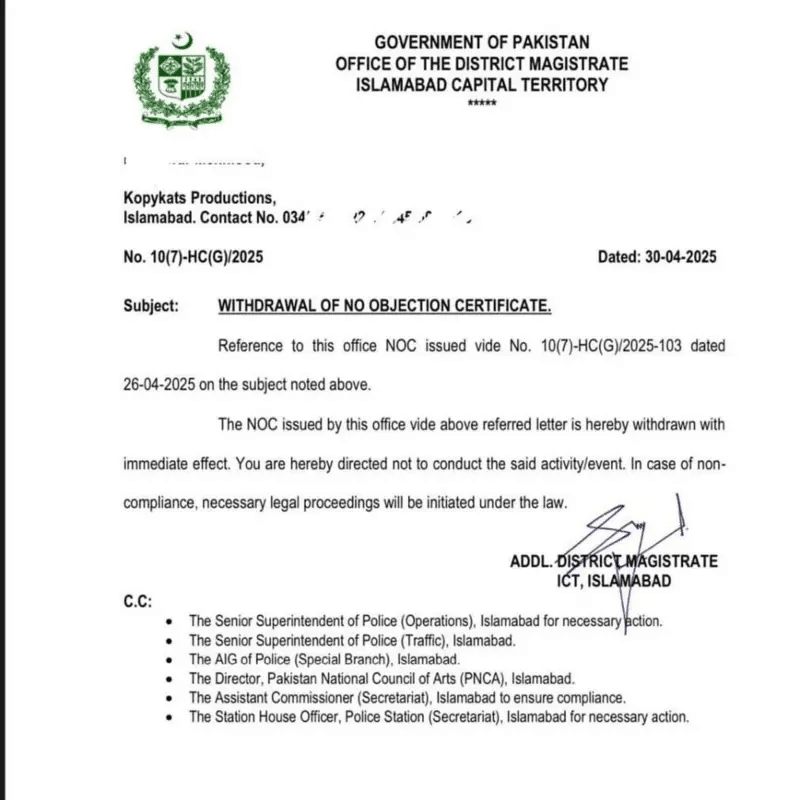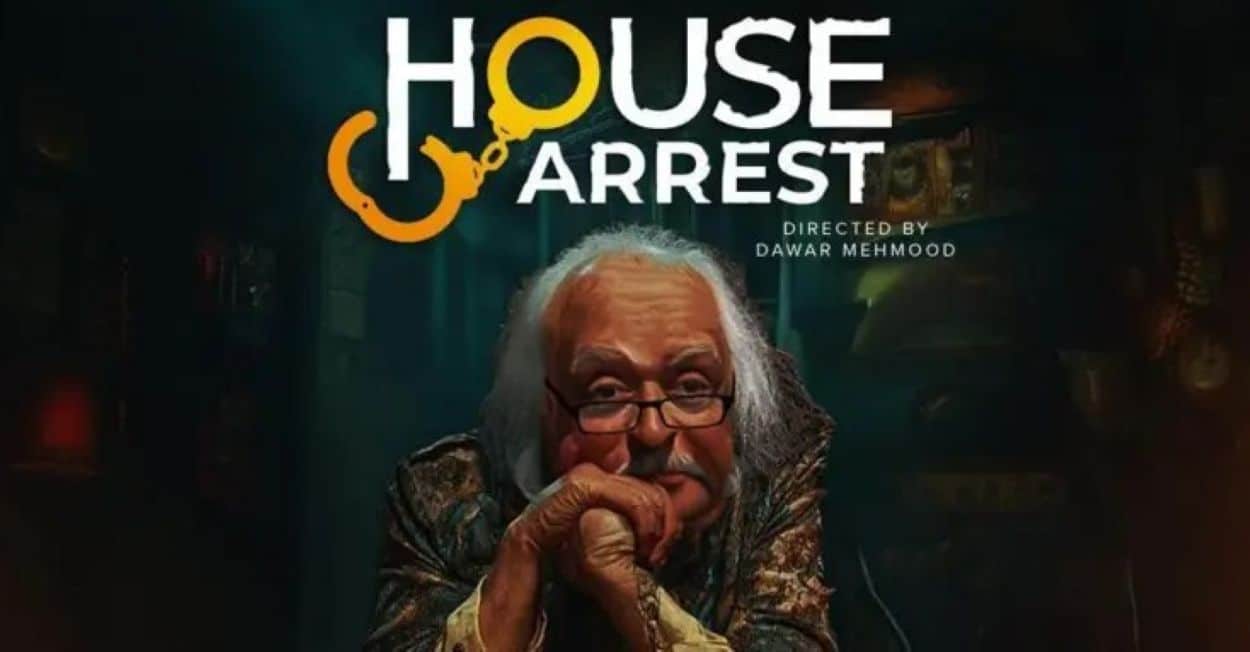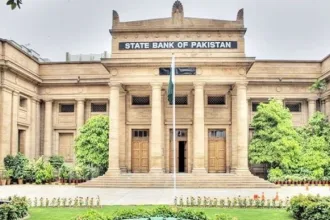Islamabad authorities have banned the stage play House Arrest by celebrated Pakistani satirist Anwar Maqsood, halting all performances at the Pakistan National Council of the Arts (PNCA).
The abrupt cancellation, enforced moments before Friday’s show, revokes the No Objection Certificate (NOC) without explanation, raising concerns about artistic freedom and freedom of expression.
The District Magistrate’s office issued a notification revoking the NOC for House Arrest, suspending shows that began April 24. CopyKat Productions, the play’s organisers, announced on social media, “We regret to inform you that today’s shows are cancelled as the Islamabad administration revoked the NOC without any reason.” The notice threatened legal action for non-compliance, leaving performers and audiences stunned.
Anwar Maqsood told the BBC that authorities reviewed the script, approved it after minor edits, and allowed nine shows to proceed. “Just before Friday’s performance, they shut it down with no formal reason,” he said. Nine more shows were scheduled before the ban.

House Arrest’s Content and Suspected Motives
House Arrest follows two elderly sisters, Bee Amma (80) and Nasreen (75), confined by their son after migrating from Lucknow to Karachi. Beneath its surface, the play delivers sharp political satire, including impersonations of figures like Prime Minister Shehbaz Sharif and jabs at institutions like DHA Housing Society. An anonymous audience member noted, “The humour targeted the current political climate,” suggesting this satire may have triggered the ban.
Maqsood, no stranger to controversy, previously apologised for a viral video about the Pakistan Navy. The unexplained ban on House Arrest intensifies concerns about censorship, especially as Islamabad’s Deputy Commissioner Irfan Memon offered no response to BBC inquiries. The incident underscores challenges to freedom of expression in Pakistan’s cultural landscape.
The sudden ban on Anwar Maqsood’s House Arrest in Islamabad casts a shadow over Pakistan’s artistic freedom without stated reasons. As the play’s sharp satire likely provoked the authorities, the incident sparks debate about censorship and the right to free expression. The cultural community awaits clarity while advocating for creative liberty.







Anwer Masqsood is anti Nawaz Sharif from the very beginning and ridicules and maligns him.i do not see his biased / false propaganda programmes since long .